Filter data
|
ID |
Nickname |
Country / City |
Languages |
Taxonomies |
Comment |
Project / Group |
Map |

|
8911
|
|
Schweiz
Zermatt
|
|
|
—
|
MA1.0
|
|
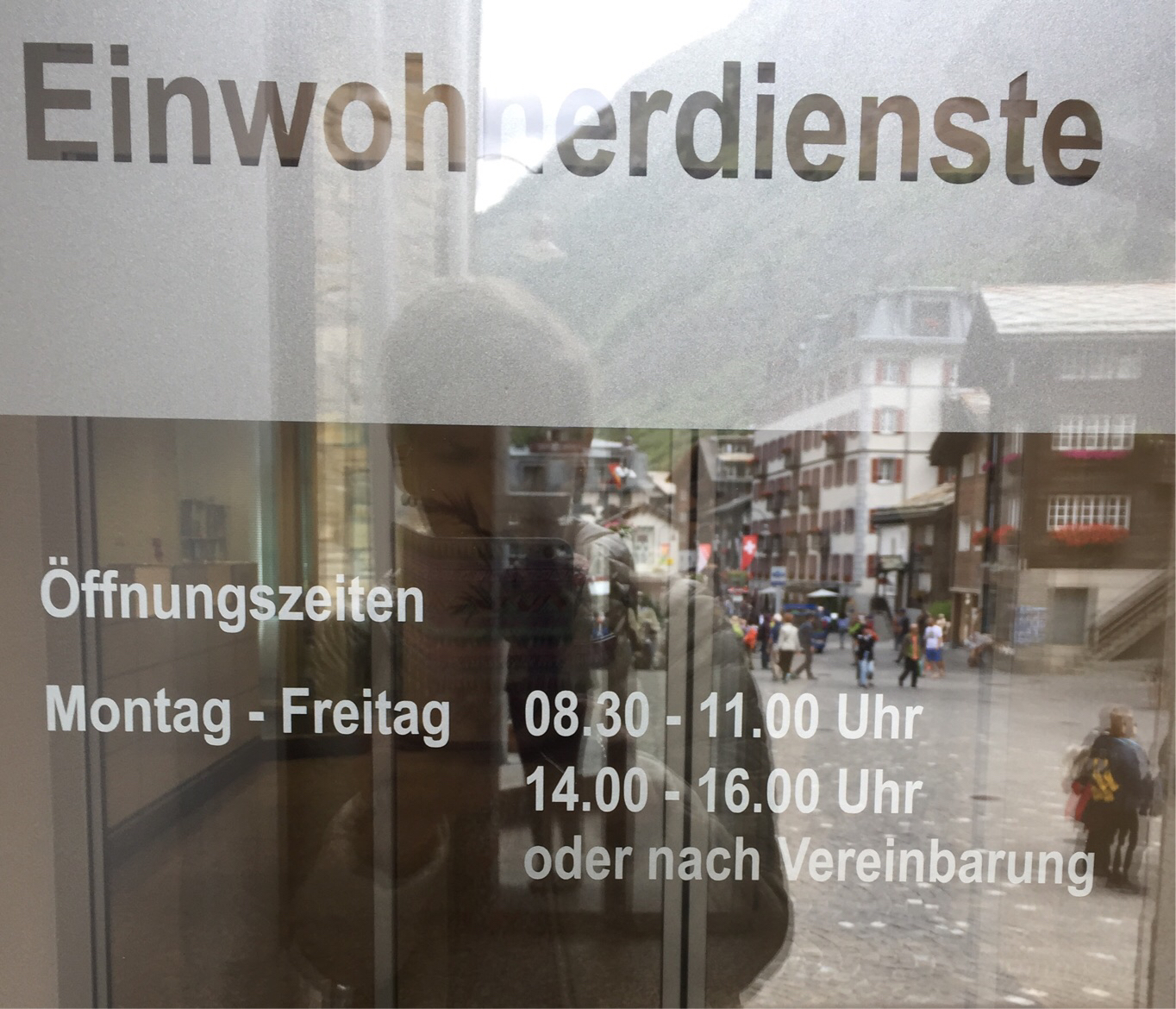
|
9167
|
|
Schweiz
Zermatt
|
|
|
—
|
MA1.0
|
|
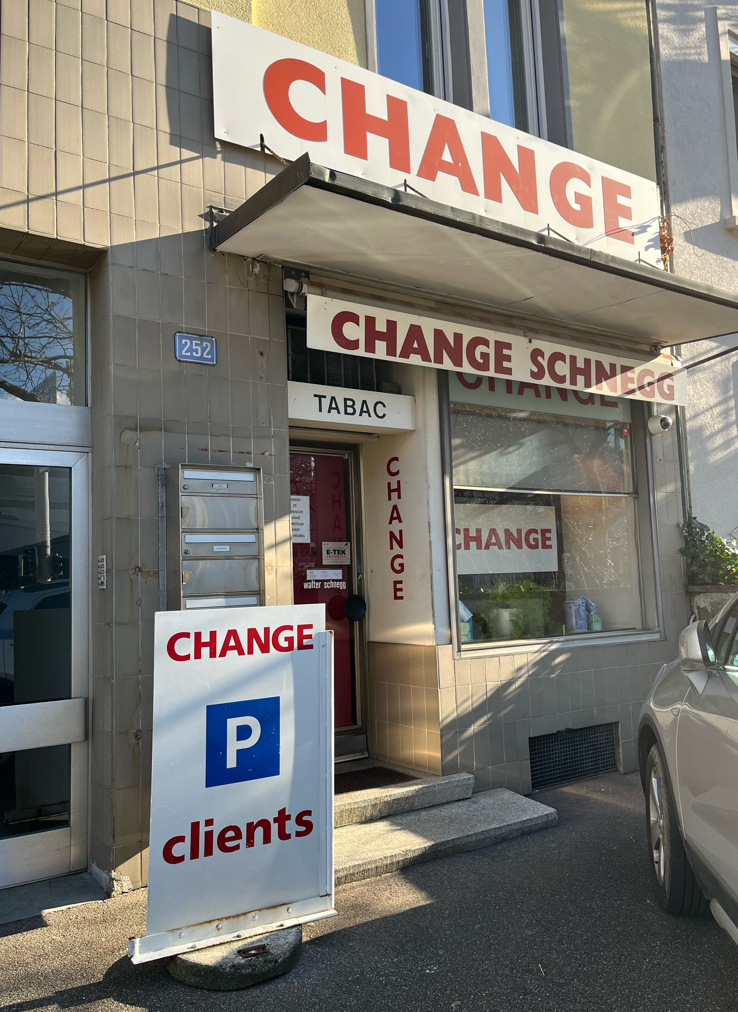
|
147407
|
|
Schweiz
Basel
|
|
|
—
|
Mehrsprachigkeit
|
|
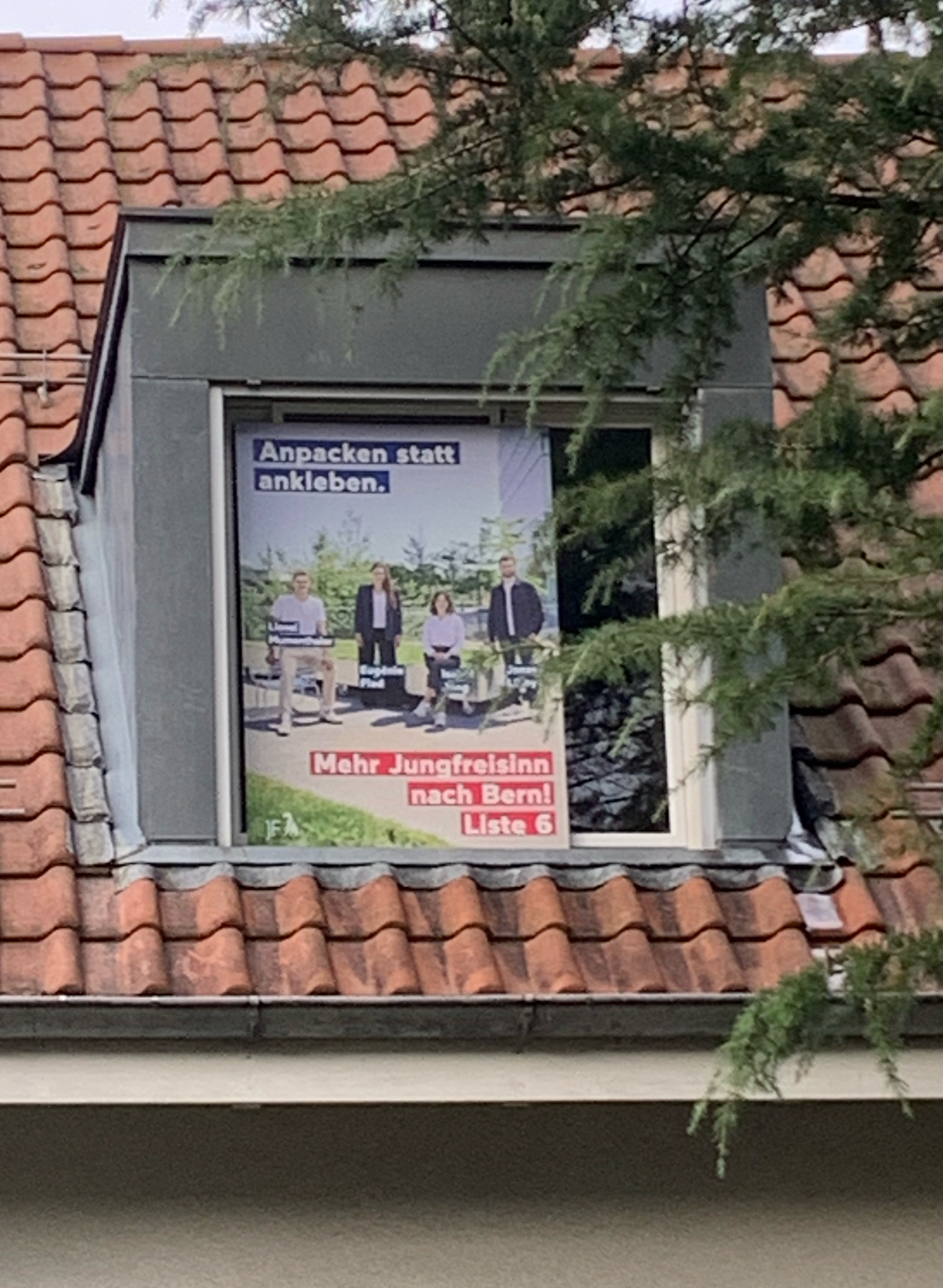
|
91343
|
|
Schweiz
Basel
|
|
|
Jungfreisinnige
Privat
|
Unibas_Wahlkampf
|
|
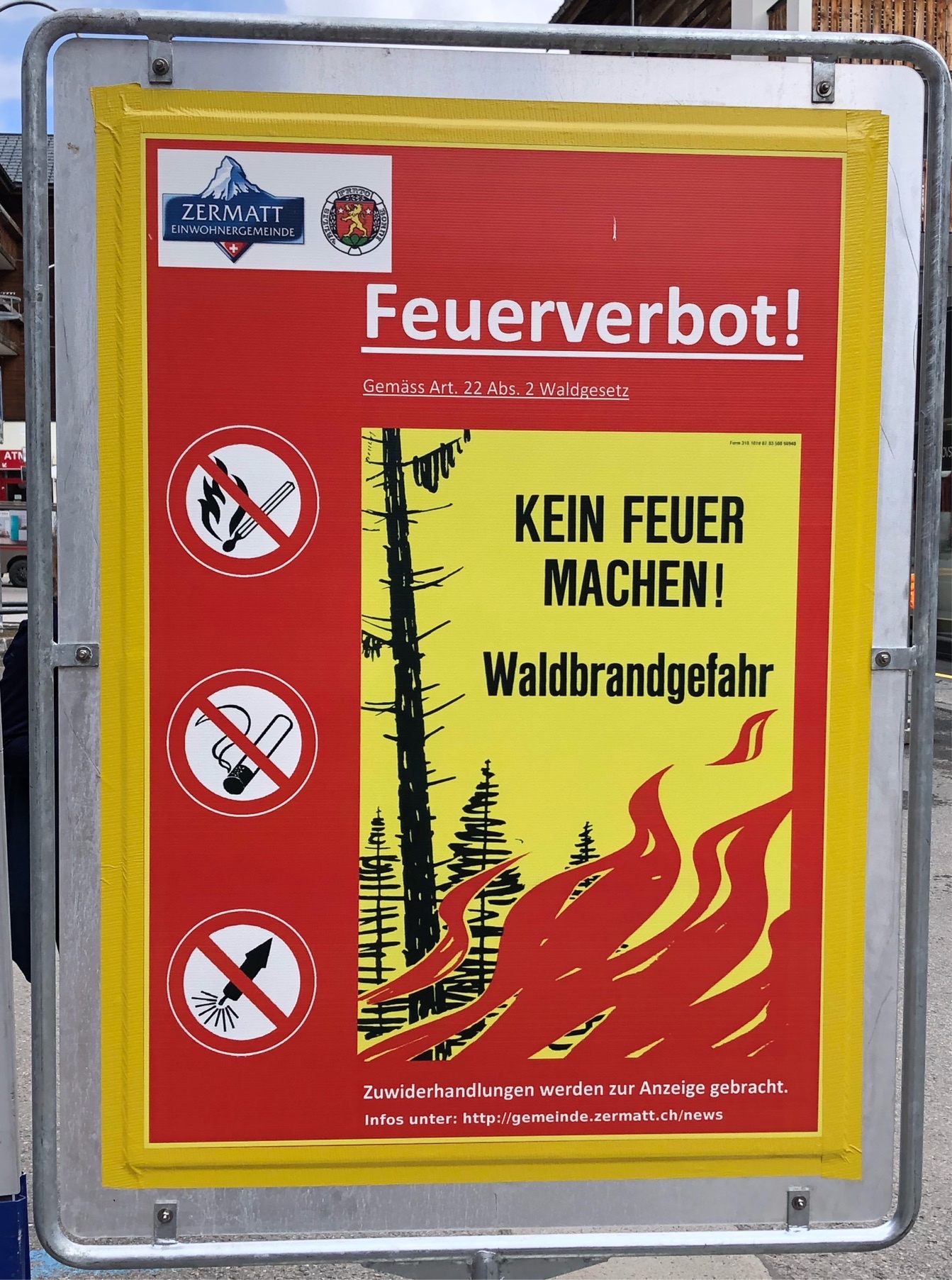
|
29647
|
|
Schweiz
Zermatt
|
|
|
Verbote mit Icons signalisiert
|
BA Linguistic Landscape
|
|
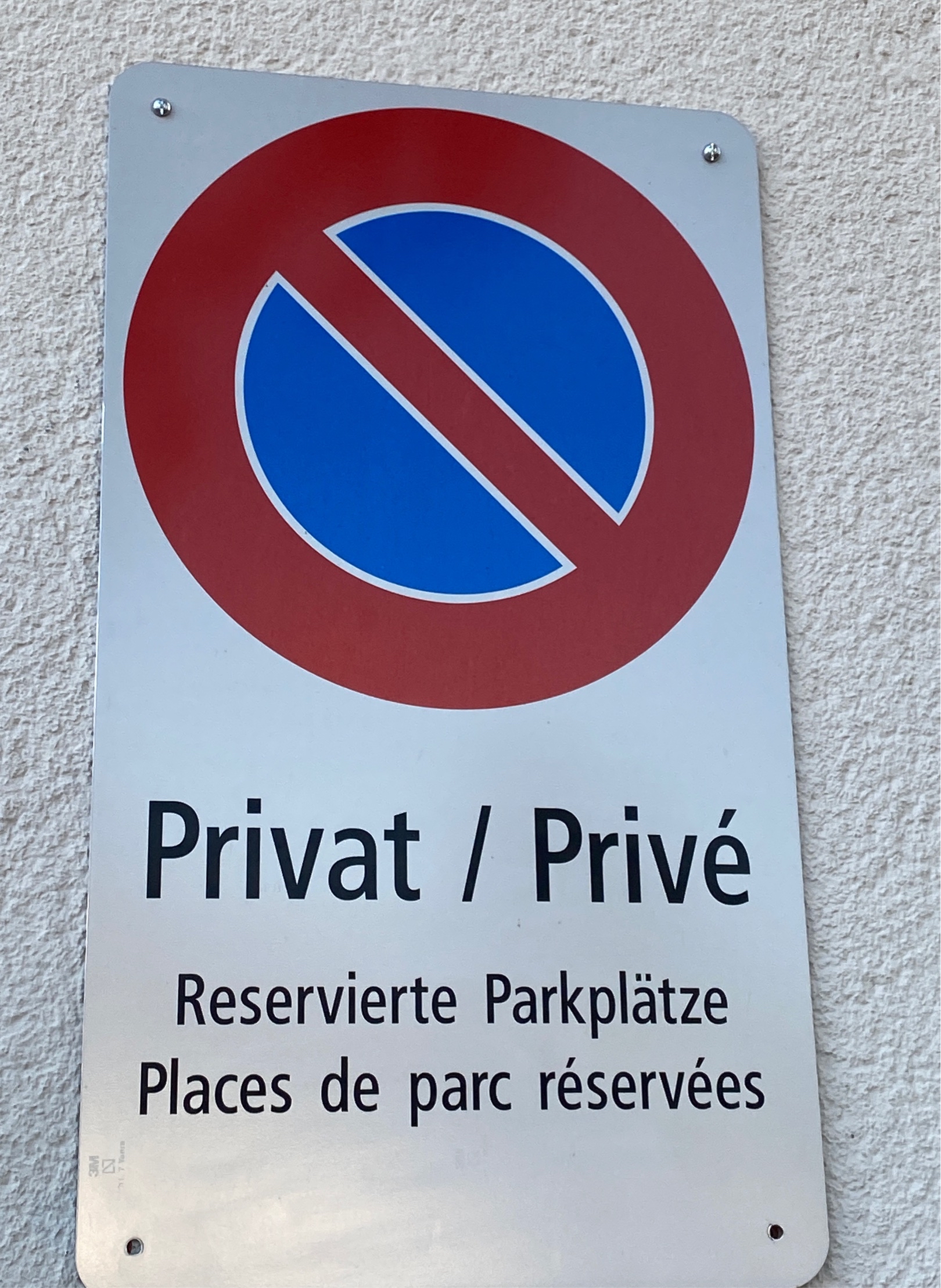
|
35535
|
|
Schweiz
Biel
|
|
|
—
|
LLBiel3
|
|

|
35791
|
|
Schweiz
Biel
|
|
|
—
|
LLBiel5
|
|
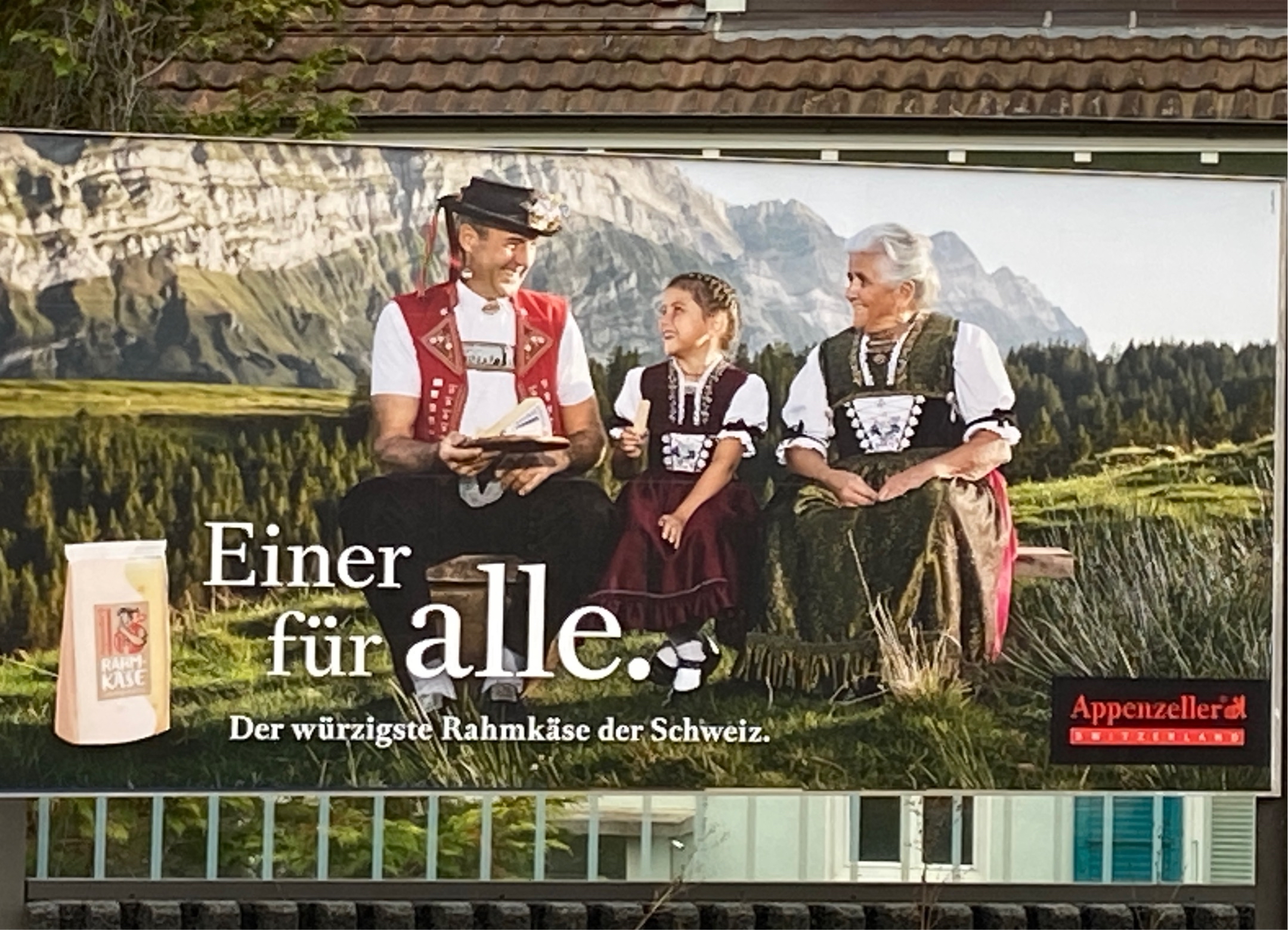
|
36303
|
|
Schweiz
Biel
|
|
|
—
|
3LLBiel
|
|
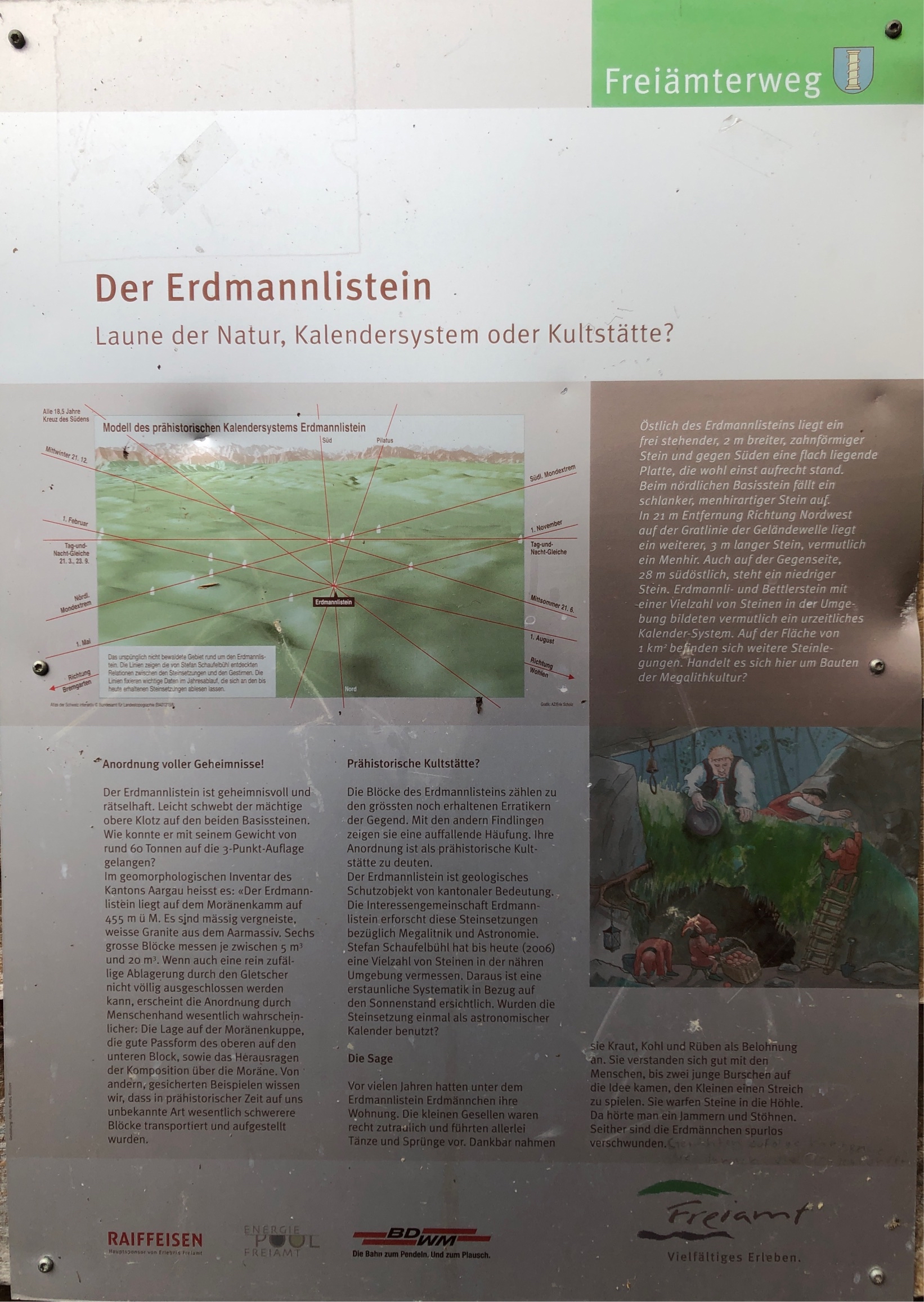
|
37327
|
|
Schweiz
Wohlen
|
|
|
—
|
|
|

|
120527
|
AnitaSa
|
Schweiz
Fribourg
|
|
|
—
|
Fribourg/Freiburg
|
|
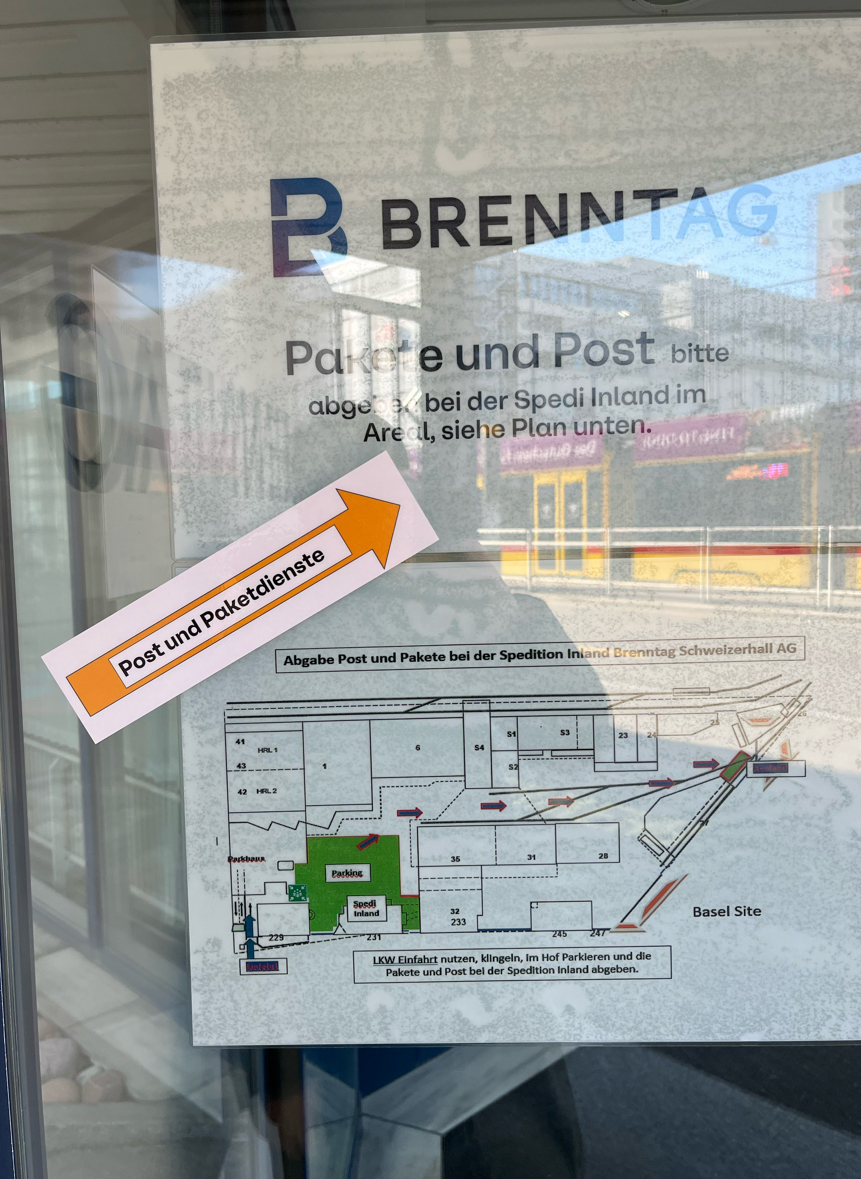
|
147408
|
|
Schweiz
Basel
|
|
|
—
|
Mehrsprachigkeit
|
|

|
91344
|
|
Schweiz
Basel
|
|
|
Jungfreisinnige
Privat
|
Unibas_Wahlkampf
|
|
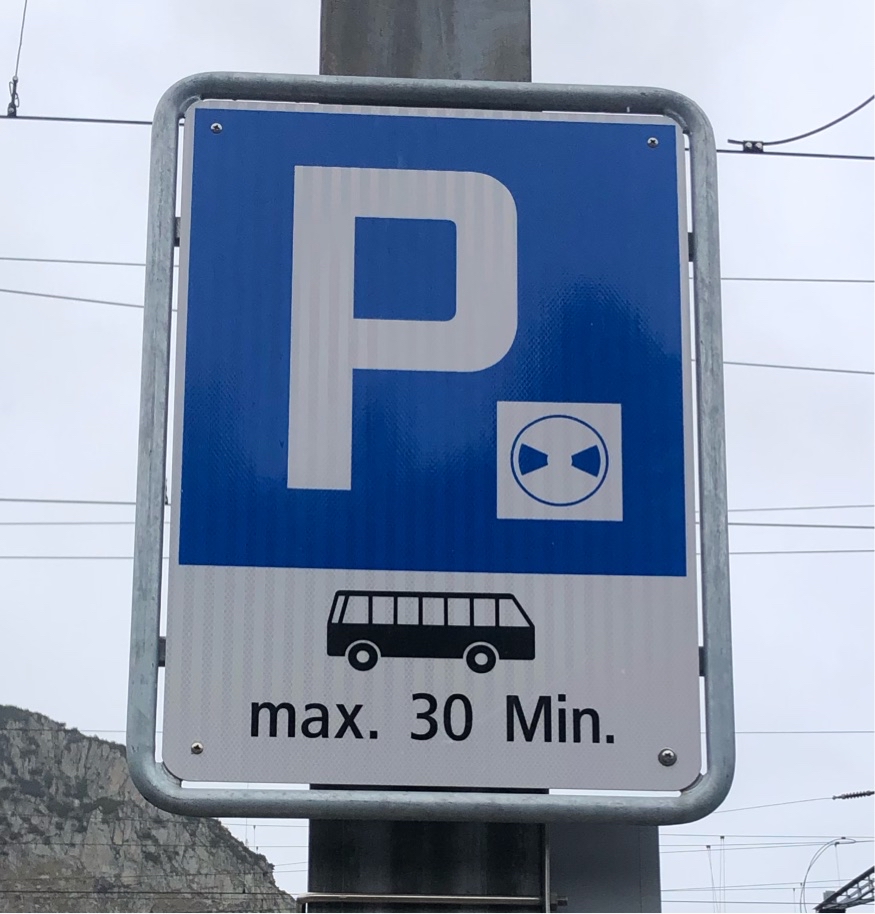
|
30928
|
|
Schweiz
Andermatt
|
|
|
Icons
|
BA Linguistic Landscape
|
|
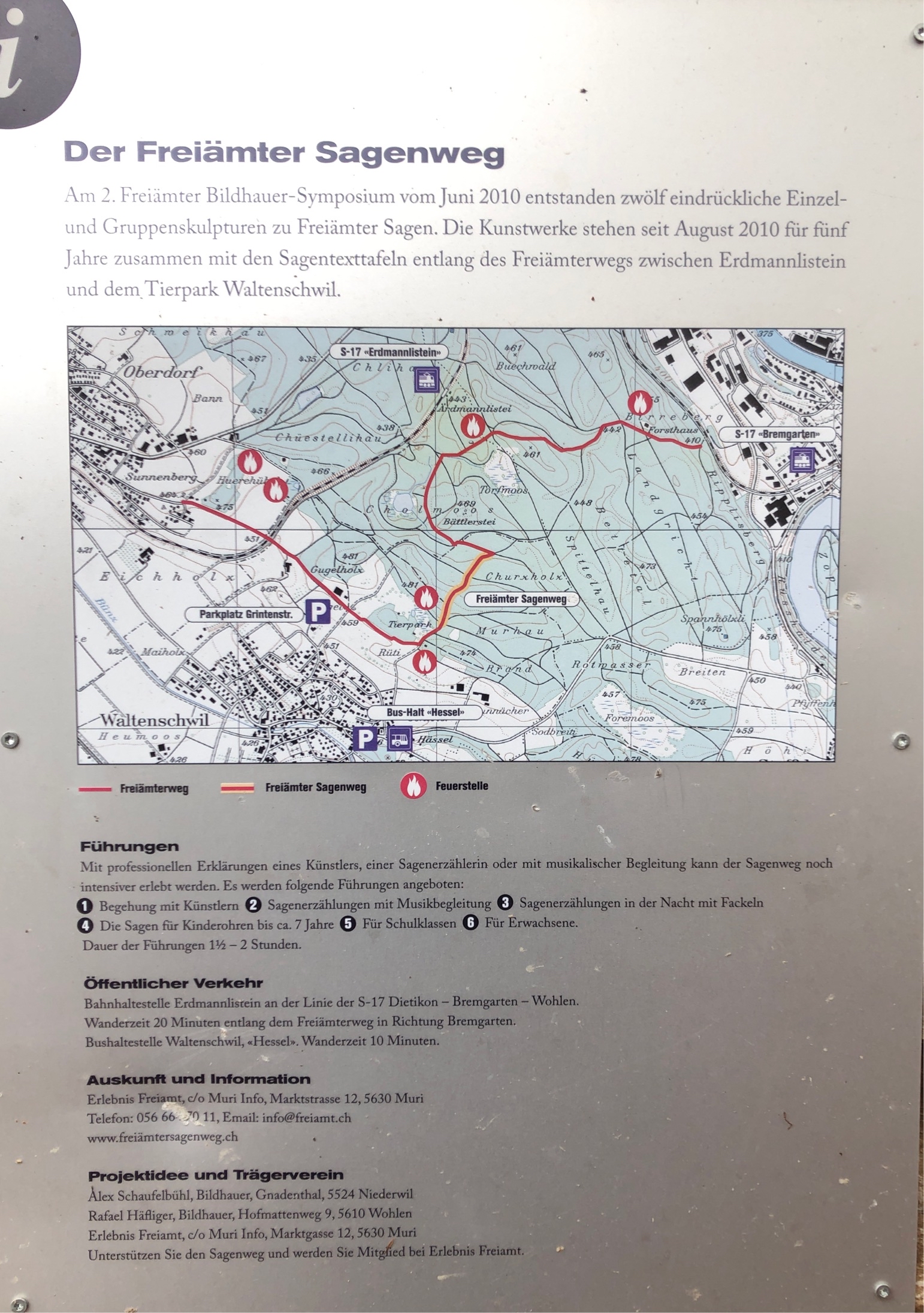
|
37328
|
|
Schweiz
Wohlen
|
|
|
—
|
|
|
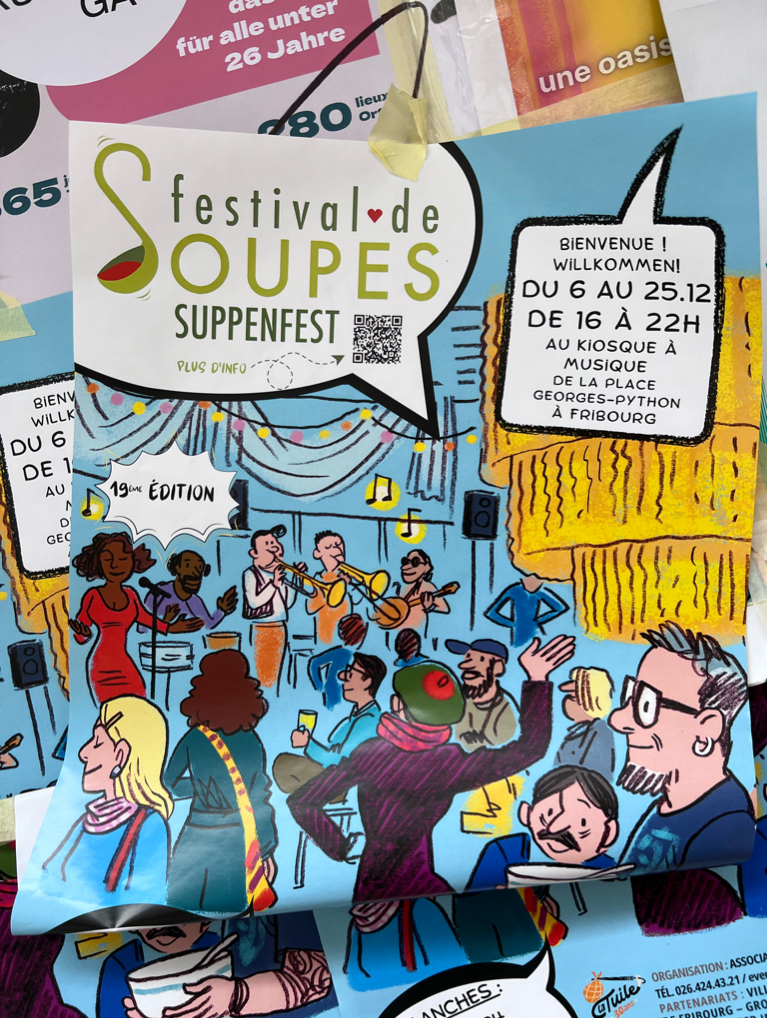
|
120528
|
AnitaSa
|
Schweiz
Fribourg
|
|
|
—
|
Fribourg/Freiburg
|
|
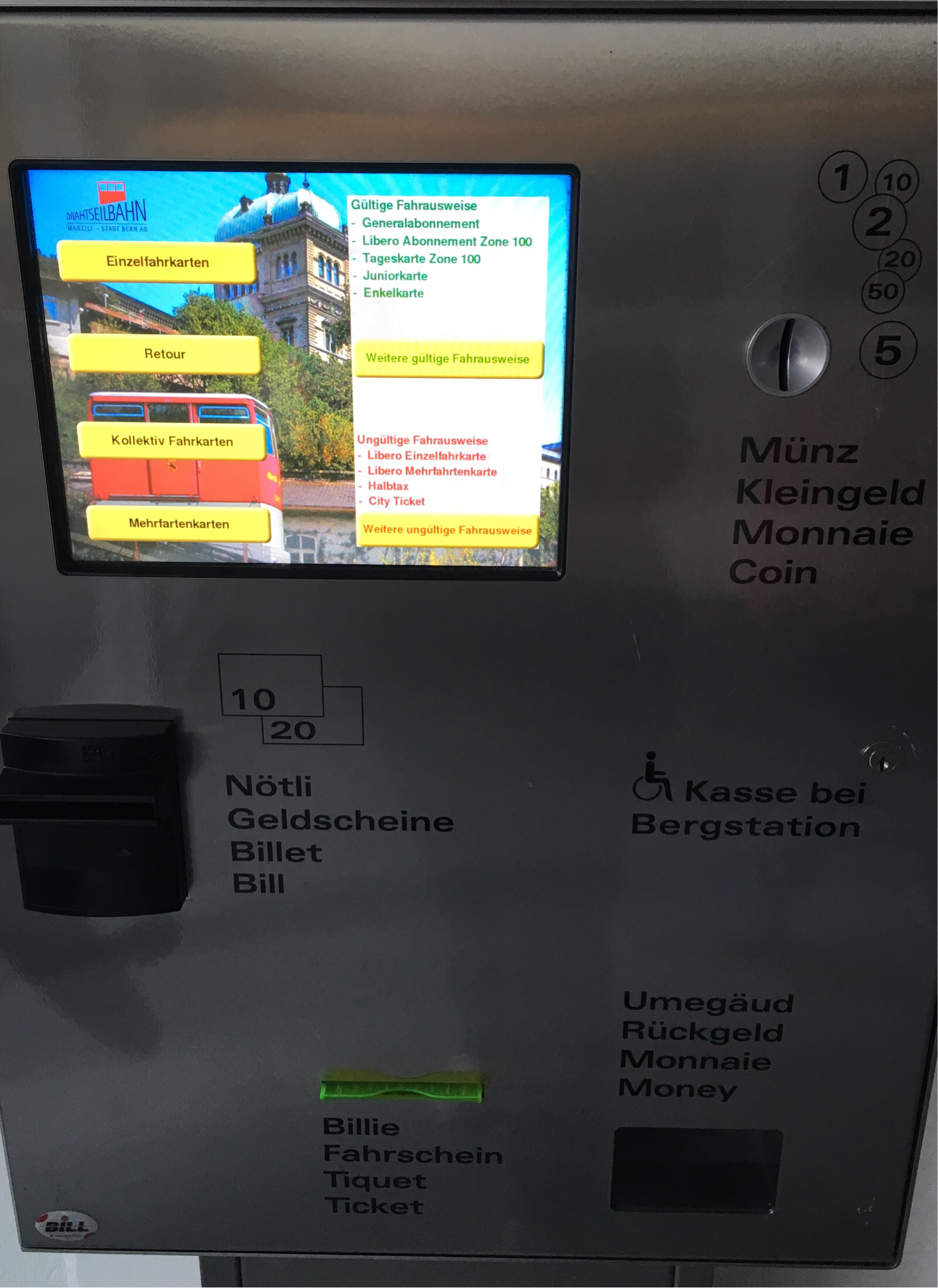
|
2001
|
|
Schweiz
Bern
|
|
|
Berdeutsch
|
|
|
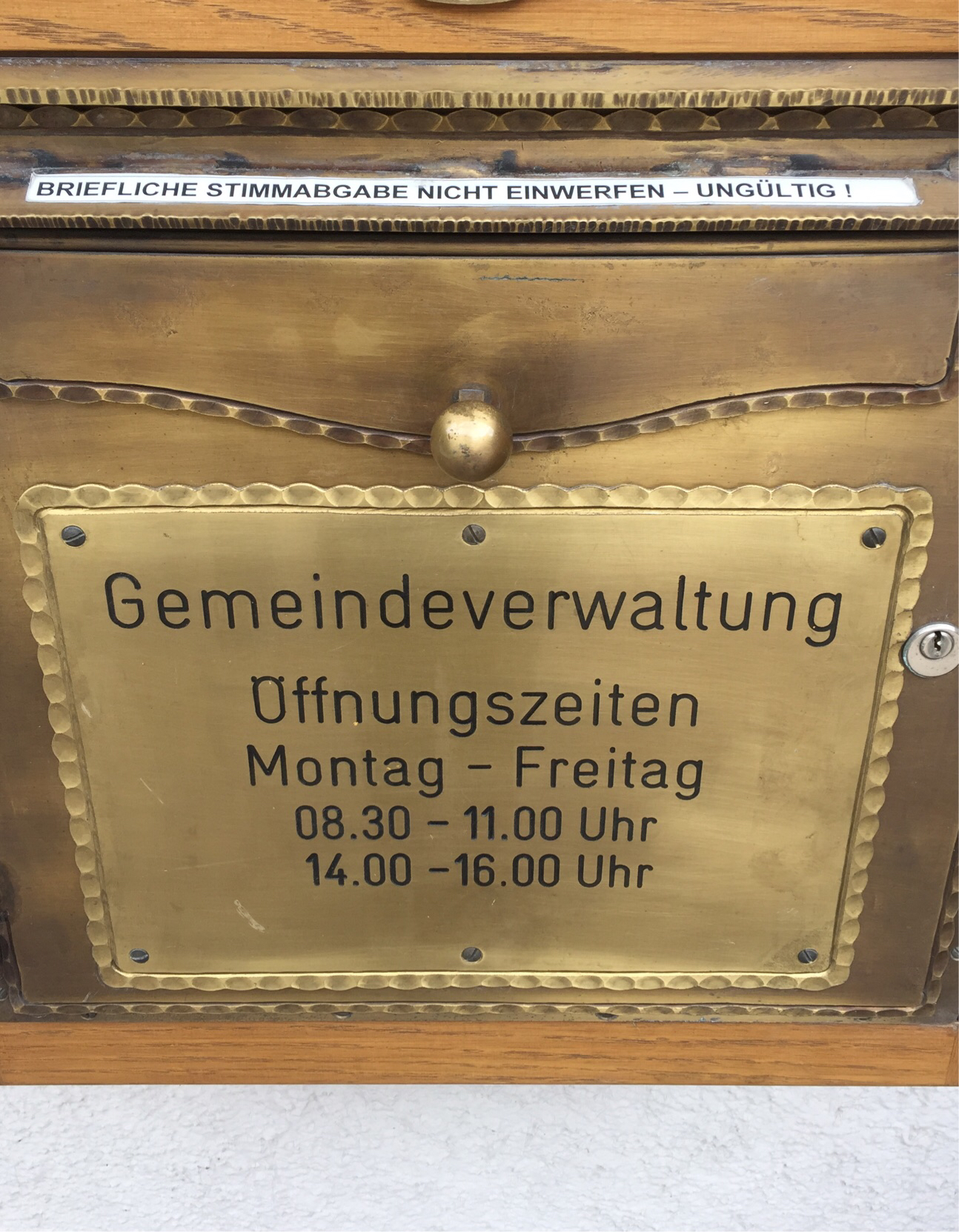
|
9169
|
|
Schweiz
Zermatt
|
|
|
—
|
MA1.0
|
|
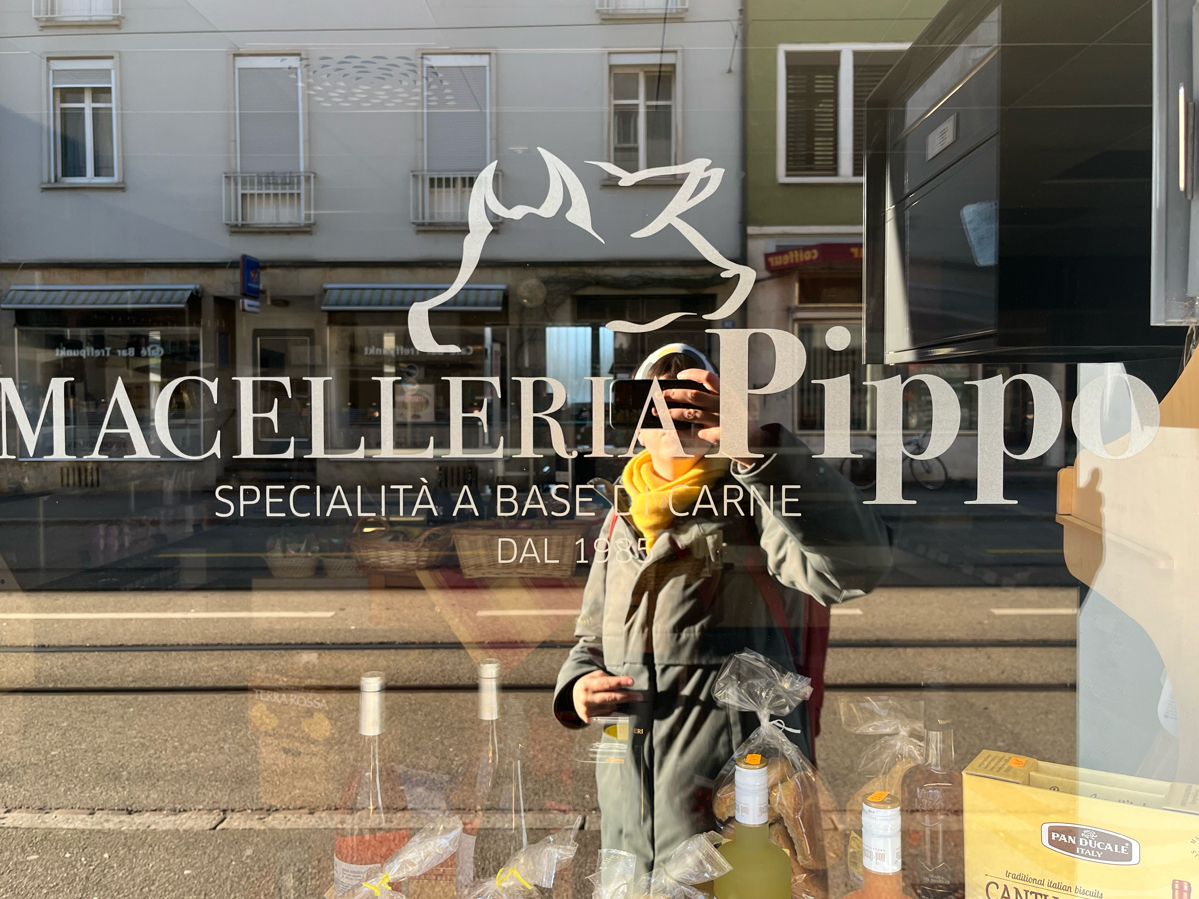
|
147409
|
|
Schweiz
Basel
|
|
|
—
|
Mehrsprachigkeit
|
|

|
30929
|
|
Schweiz
Andermatt
|
|
|
—
|
BA Linguistic Landscape
|
|

|
35793
|
|
Schweiz
Biel
|
|
|
—
|
LLBiel3
|
|